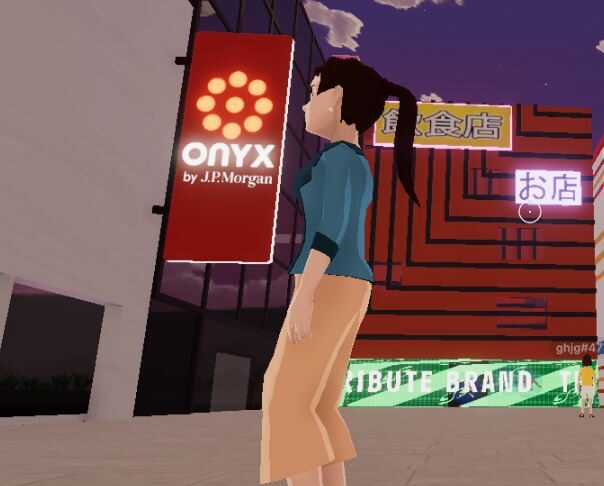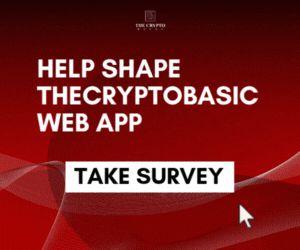JPMorgan, the world’s largest bank by market value, valued at nearly $460 billion, has opened its metaverse space in the Decentraland.
The bank published its report citing the importance of the Metaverse and announcing the opening of a lounge in blockchain-based Decentraland.
In the report, the bank explores some recent figures on the metaverse, such as $54 billion spent last year on Meteverse along with 200 top partnerships between the metaverse projects like the Sandbox, decentral and, and companies like Warner Music Group, which will launch a music-themed virtual space on the platform.
The report writes:
“We are now at an inflection point, where it seems that not a day goes by without a company or celebrity announcing that they are building a presence in a virtual universe. While the buzz can partially be attributed to attention-grabbing headlines, there is a convergence of emerging trends.
A number of new technologies have come together to enable this vision of the metaverse. Augmented reality (AR) and virtual reality (VR) headsets have become cheaper and more powerful, improving the user experience. Blockchain has enabled digital currencies and NFTs.
The new methods to transact and own digital goods allow creators to monetize their activities through tokens. In addition to monetization and as a means to exchange value, token-holders can also participate in the platform’s governance (e.g., vote on decisions). This democratic ownership economy coupled with the possibility of interoperability could unlock immense economic opportunities, whereby digital goods and services are no longer captive to a singular gaming platform or brand.
From a social perspective, the development of more immersive virtual experiences is helping people to build communities based on shared values and express themselves in more authentic ways. Meanwhile, COVID-19 accelerated the digitization of our lives and normalized more persistent and multi-purpose online engagement and communication. It is this combination of technological, social, and economic drivers that are resulting in the explosive interest in the metaverse.”
The business possibilities in the virtual world are also of interest to the institution, which claims that there are opportunities in almost all areas, from large clothing brands offering digital versions to small artists showing their art.
The land market in the metaverse is very hot, the report notes — the price of land on major platforms practically doubled in the six months between June and December 2021. Part of this growth can be related to brands buying land to create virtual stores and /or experiences for consumers.
The bank believes that the digital real estate market will also be revolutionary. Decentralized Autonomous Organizations (DAOs) can, according to the institution, play the role of lender: “DAOs may have gotten their funds in a portfolio of multiple signatures to create the mortgages. An additional layer in the token economy to encourage participation, or behaviors, creates a new level of gamification and commercialization.”
According to the report, metaverse would be an excellent opportunity for emerging countries and also the bank estimates that by 2027, $18.4 billion will be spent on in-game ads.
Despite the enthusiasm, the American bank says that to reach its potential, some crucial areas for the metaverse need to be developed and matured, like technology, commercial infrastructure, privacy, the workforce of the future, and regulatory issues.
JPMorgan concludes:
“The success of building and scaling in the metaverse is dependent on having a robust and flexible financial ecosystem that will allow users to connect between the physical and virtual worlds seamlessly. Our approach to payments and financial infrastructure will allow that interoperability to grow.
We believe the existing virtual gaming landscape (each virtual world with its population, GDP, in-game currency, and digital assets) has elements that parallel the current global economy. This is where our long-standing core competencies in crossborder payments, foreign exchange, financial assets creation, trading, and safekeeping, in addition to our at-scale consumer foothold, can play a significant role in the metaverse.”
The metaverse is one of the sectors within the crypto universe that has grown the most in recent months. A recent study by the consulting firm Gartner stated that 2 billion people will be on a virtual world platform by 2026.
DisClamier: This content is informational and should not be considered financial advice. The views expressed in this article may include the author's personal opinions and do not reflect The Crypto Basic opinion. Readers are encouraged to do thorough research before making any investment decisions. The Crypto Basic is not responsible for any financial losses.



